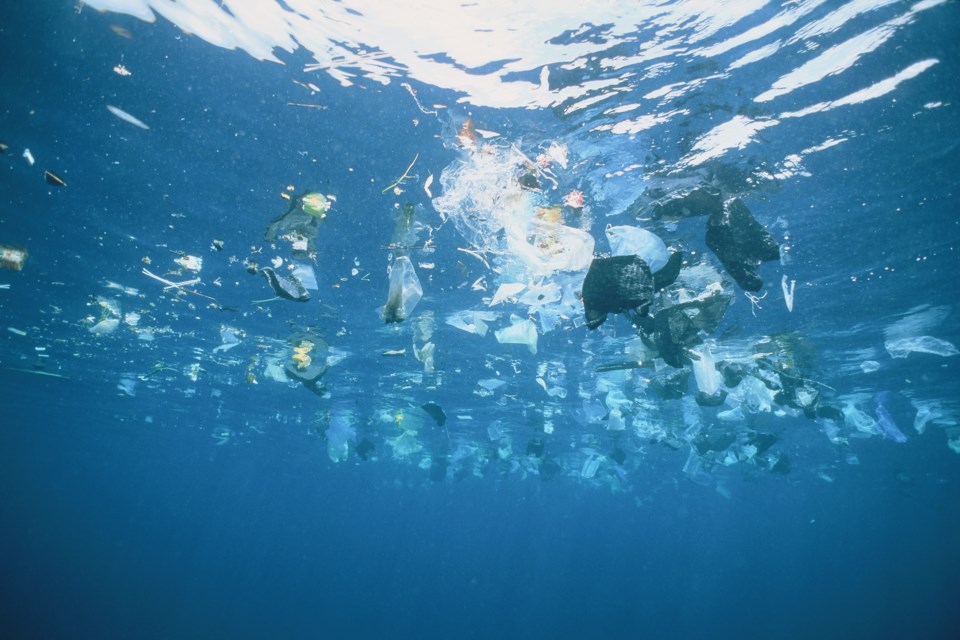With a Provincial amendment to the Local Government Act, municipalities in B.C. are now able to institute bans on plastic bags and other single-use plastic items without requiring provincial approval.
In Whistler, municipal staff are doing their due diligence, and targeting early 2023 for a potential ban on plastic bags and other items.
Empowering municipalities to act has long been a passion project of Councillor Arthur De Jong, who discussed the issue with provincial minister of environment and climate change strategy George Heyman more than once in the early days of his term.
“I think the real message there is [that] the door is opening into the future now where we can do a lot more … also with greenhouse gas emissions, so that’s good news,” De Jong said.
According to the Government of Canada, Canadians use up to 15 billion plastic bags every year, and up to 57 million plastic straws are used daily.
Further, Canadians throw out about 3 million tonnes of plastic waste every year, only nine per cent of which is recycled.
A 2016 report from the World Economic Forum estimated the ocean will contain one tonne of plastic for every three tonnes of fish by 2025, and more plastics than fish (by weight) by 2050.
In Canada, the federal government hopes to achieve zero plastic waste by 2030.
“Societally, we have treated our waterways and oceans like a sewer,” De Jong said.
“So seeing the response from both the federal and provincial government, it’s long overdue, but it’s happening, and I’m appreciative of that.”
But banning plastic in Whistler is not an overnight decision, and one Resort Municipality of Whistler (RMOW) staff will be approaching prudently.
“The pandemic has thrown a wrench into many things, and the last thing that council is going to do is make anything more difficult than what it already has been for our local businesses,” De Jong said.
“So we want to ensure that there is time, that they can prepare, plan, and be financially able and ready … It’s not just about plastics; it’s about arriving at zero waste as soon as we can.”
To that end, Whistler’s mayor and council will soon hear a report from the RMOW’s Zero Waste Select Committee detailing a comprehensive zero-waste plan, De Jong said.
While still early days, the Whistler Chamber of Commerce is looking forward to working through the process with the RMOW, said CEO Melissa Pace.
“The Chamber continues to support efforts to protect Whistler’s environment from harmful single-use plastics,” Pace said in an email.
“We look forward to engaging with the RMOW and working with the business community to support innovations that address these concerns and to promote sustainable practices.”
According to the provincial government, more than 20 municipalities across B.C. are now working on bylaws banning single-use plastics. Under the previous regulation, the government approved plastic-ban bylaws in Victoria, Tofino, Ucluelet, Surrey, Saanich, Rossland, Richmond, Nanaimo and Esquimalt.
The change to the Local Government Act, announced July 27, is just one part of the province’s CleanBC Plastics Action Plan.
“Communities across B.C. have made it clear they want to be environmental leaders by taking steps to ban single-use plastics,” Heyman said in a release.
“We will continue to work with all levels of government to protect our land and waterways from plastic pollution and the harm it creates. Local governments wanted the ability to act without delay, and now they have it.”
Find more info at cleanbc.gov.bc.ca/plastics.




